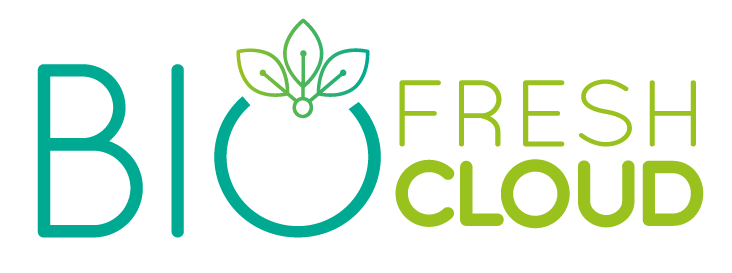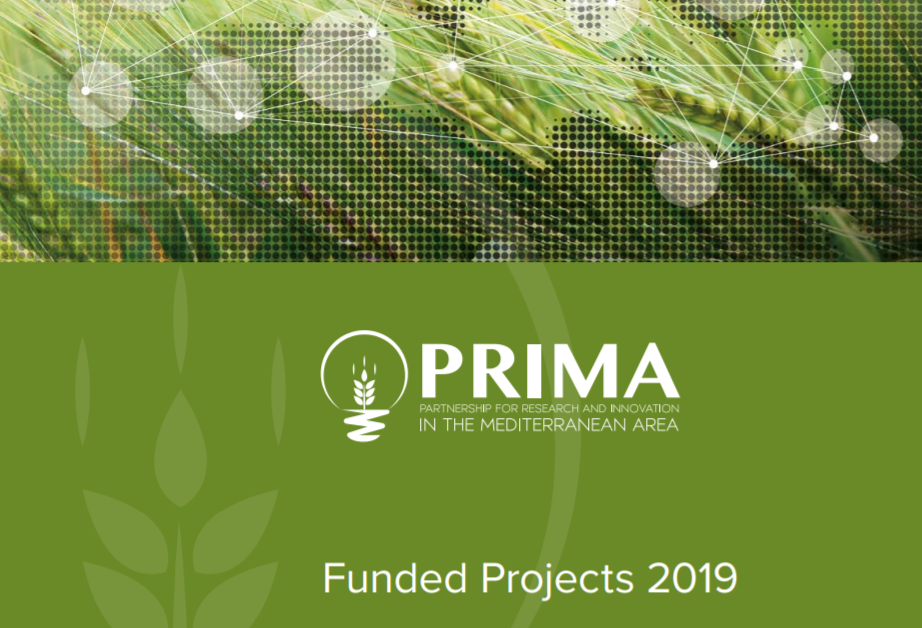Context.
The agri-food sector is key in the development of the Mediterranean region providing employment and economic-social benefits to the region. At the same time, it is also the main threat for its sustainability due to the high consumption and use of rural resources. The egetable sector is the one connected to the largest amount of food losses, as reported by several surveys and scientific studies across Europe. The current challenges in the Mediterranean vegetable chain in relation to the reduction of food losses and optimal shelf-life will be addressed based on a multidisciplinary approach applying Predictive modelling, Food Cloud computing and natural preservatives, obtained from agri-food residues, focusing on the control of temperature, (pathogenic and spoilage) microbial proliferation and sensory deterioration. BIOFRESHCLOUD is aimed to increase Technology Readiness Level (TRL) of the bio-based technologies from 3 to 5, and for the digital technologies and predictive tools from TRL 4 to TRL 6.
As original reference please see the main figures and project presentation in the Prima Med Funded Projects 2019 Booklet
Objectives.
BioProMedFood aims are to enhance safety and quality of Med perishable products through the exploitation of two innovative and sustainable approaches, evaluated individually and in combination: the use of compounds with antioxidant and antimicrobial potential and the application of bio-protective or functional microbial cultures. Bioactive natural compounds or bio-protective Lactic Acid Bacteria (LAB) strains will be studied to reduce microbiological risks and extend the shelf life in six Med foods (fresh or fermented pork sausages and fish products, aubergine and RTE fruit). The first approach involves the extraction, purification and use of bioactive compounds from low cost sources, characterized by a great biodiversity potential such as olive, wine and berries by-products or wild-grown brown macro algae, using green technologies. These extracts will be combined both with consolidated strategies (MAP) and novel approaches, with their addition to active food packaging. The second approach is aimed to valorise the biodiversity and genetic bacterial heritage represented by traditional meat products of Med area, isolating and selecting autochthonous LAB strains. These microbial resources will be tested in fresh food as bio-protective cultures or in traditional fermented meat products as
starters due to their technological properties and providing an important tool to stabilize Med foods, reducing their safety risks.
Expected impacts.
The application of new LAB cultures and natural bioactive compounds will provide new biotechnological tools to meet consumer demand for safe minimally processed products, reducing small-scale traditional production safety concerns
and valorizing sustainable sources and by-products. The built-up of a meat fermenting bacteria collection will safeguard the recognisability and differentiation of traditional products, promoting their competitiveness. The project multidisciplinary and multi-actor approaches will lead to sustainable strategies tested in laboratory environment (TRL3) and validated in relevant environment (TRL5) with the involvement of stakeholders and Med industries.

